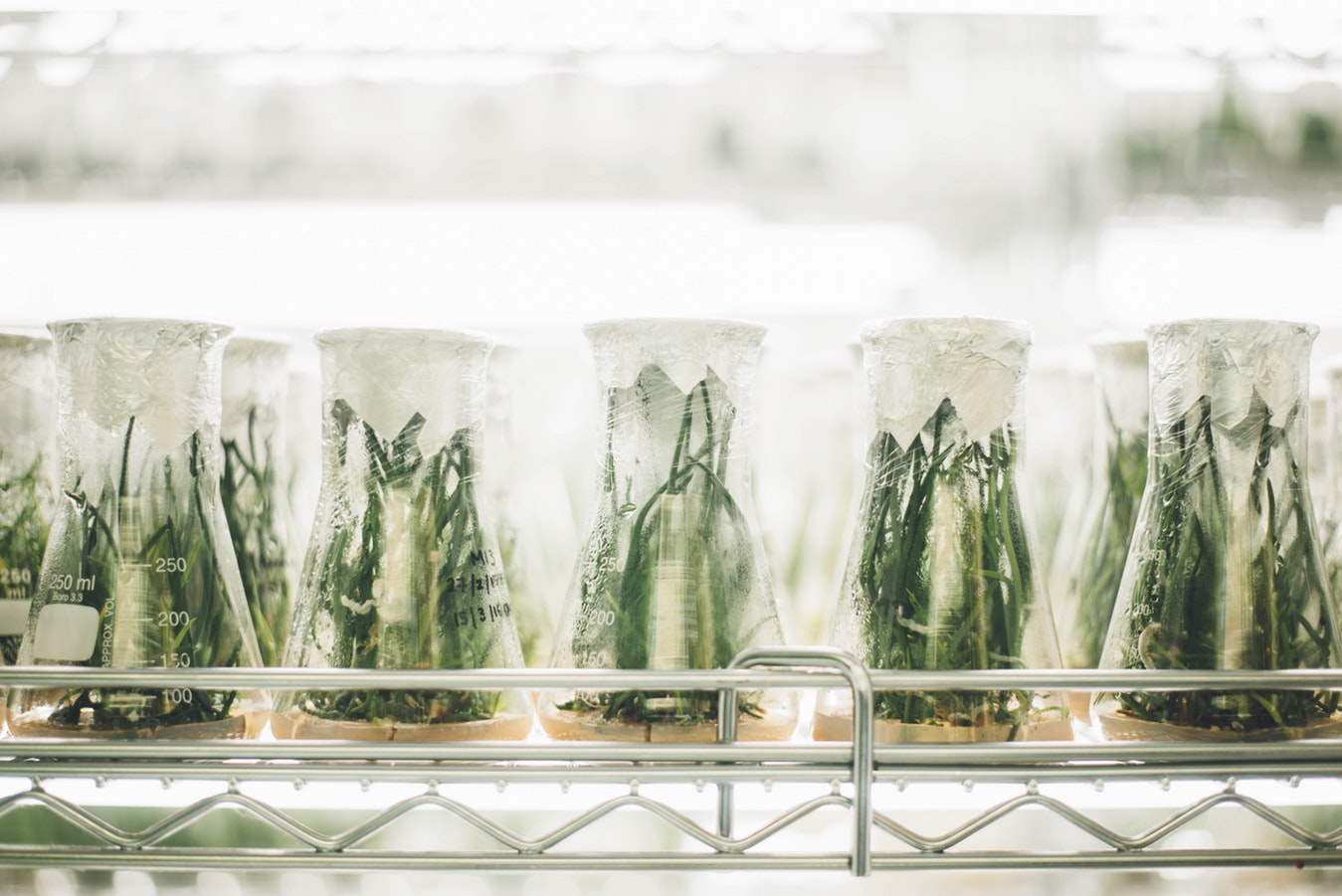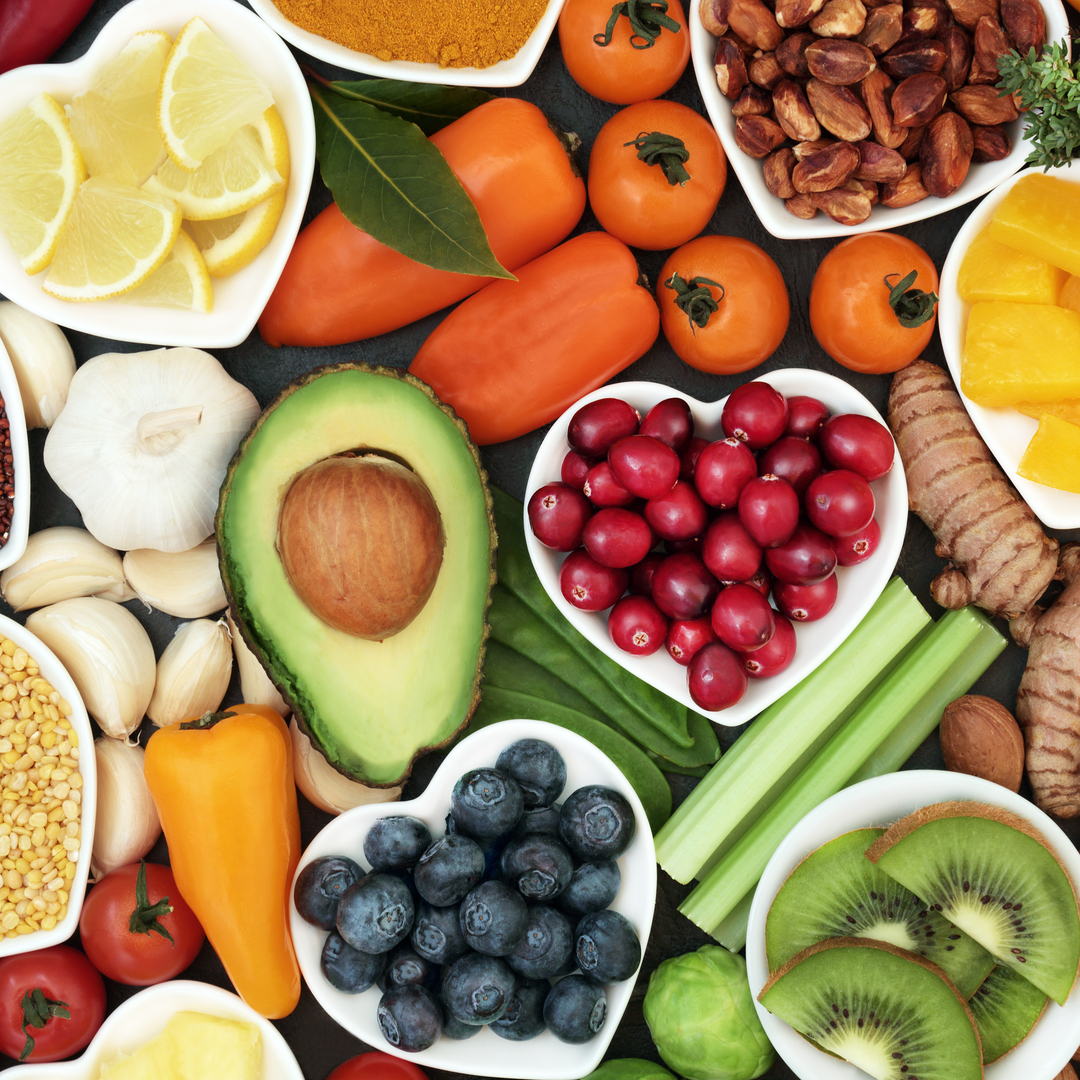Mood & Memory
Want to feel happy and remember where your keys are? Yes we all do! And you can. Brain fog, memory loss and mood issues all stem from the same cascade of inflammation. Having the right information helps you repair brain health step-by-step. At any age your brain can change. Neuroscience has confirmed that lifestyle choices have a massive impact on long-term brain health. Let’s get started!

Hormones Involved with Autism Spectrum Disorder
Autism spectrum disorder (ASD) is a complex neurodevelopmental condition that affects social interaction, communication, and behavior. While the exact causes of ASD are not fully understood, researchers have been exploring the potential roles of various…
Read more...
Is there Serotonin in the Uterus?
A research study from 1956 shows that hallucinogens, like mescaline, increase serotonin activity causing uterine contractions. Mescaline comes from the cacti San Pedro or Peyote which grows in the Southern US and Mexico. Due to…
Read more...
Vitamin D for Depression
More and more people are willing to discuss mental health so let’s look at the role Vitamin D plays in depression. Most people have insufficient levels of this nutrient whether it’s due to low dietary…
Read more...
Mushrooms for Mental Health
Mushrooms are unique nutraceuticals with endless benefits. They help with stress, cognitive function and overall health. From stabilizing blood sugar and pressure to supporting sleep they are my go-to. Functional mushrooms are immuno-modulating and anti-inflammatory. …
Read more...
CBD: Protect & Forget
There are over 100 phytocannabinoids available to help maintain health. CBD is effective for brain health both in neurological conditions and for mental health. It is also excellent for sleep and recovery. It modulates stress…
Read more...
Losing Your Memory? Low in Acetylcholine?
Have you walked into a room recently only to discover that you forgot what you were looking for? Well you may be low in acetylcholine. This is your body’s most abundant neurotransmitter. It regulates the…
Read more...
All You Need to Know about MCT’s
Given the number of questions I’ve had about medium chain triglycerides lately, I figured it was time to throw it all down. MCT’s have numerous health benefits. Now that people are no longer scared of…
Read more...
Your Brain In Quarantine
What we learned from those quarantined in Toronto during the SARS outbreak is that many experienced psychological distress including depression and PTSD afterwards. Research of those affected by natural disasters shows an increase in addiction…
Read more...
Novel Therapy for PTSD
The endocabbinoid system (ECS) is comprised of receptors, neurotransmitters, and metabolic enzymes that help maintain homeostasis. The ECS has beneficial effects on digestion and immune function. Cannabidiol (CBD) activates the ECS to reduce intestinal permeability,…
Read more...
Do You Have Serotonin Deficiency?
Which nutrients are needed? Serotonin regulates many of our neurotransmitters. It acts like the conductor of a orchestra. Serotonin deficiency can occur when there isn’t enough tryptophan, the amino acid that helps build it. Enough…
Read more...
Increase Neuroplasticity & Happiness
Our brains are built to learn, adapt & grow for our entire lives. Research on neuroplasticity has opened the field of human potential and healing exponentially in recent years. Some say that understanding how the…
Read more...
Orgasms for Health & Humanity
Women’s Health, Human Rights & Orgasms Years ago a patient asked me, in a sincere way, how she could have more orgasms. At the time, I worked in a busy community clinic. I didn’t have…
Read more...
Are EMFs Dangerous?
Electromagnetic frequencies (EMFs) are about intensify on the small island where I live. Residents of Salt Spring spoke up against the proposed 5G cell tower set to go up in our little town. There are…
Read more...
Electrolytes & other Nutrients for Keto
If you are experiencing symptoms on a ketogenic diet then it may be solved by increasing your electrolyte intake. As the body begins to burn fat instead of glucose for energy there can be rapid…
Read more...
7 Tips for Seasonal Depression (SADD)
Seasonal Affective Disorder is Real Millions of people experience the winter blues. This type of depression is known as SADD. There are several interventions that can help and even reverse SADD. Winter is an excellent…
Read more...
Depression & Allergies? Boost Methylation
Optimizing methylation can help with depression, allergies and asthma. A recent meta analysis showed “consistently lower methylation levels observed at all associated loci across childhood from age 4 to 16 years in participants with asthma.” The…
Read more...
Neuroplasticity & the Brain
Our brains adapt to early life experiences by creating imprints. We have many imprints both positive and negative that become part of how we see the world. The interesting part is our brains can change. The brain’s…
Read more...
Glycine or Collagen?
Glycine is the Amino Acid that Gives Without knowing it, glycine is helping your body every day with muscle repair, cognitive function, metabolic health, and immunity. This amino acid assists in breaking down glycogen, fat…
Read more...
The Psychology of Your Gut
Have You Heard of Psychobiotics? The microbes in our gut have far reaching psychological effects. In 2013 there was a ground breaking study proving that depressed mice were positively affected by a strain specific probiotic….
Read more...
Heart Health 101
Suppressing symptoms with pharmaceuticals to treat high blood pressure or cholesterol means missing the investigation as to why these are high in the first place. We know that blood sugar issues and metabolic syndrome…
Read more...
Five Key Habits for your Brain and Cognitive Function
Brain health is influenced by many factors and we know there are a few habits that support long term function. The inflammatory cytokine model of depression shows the influence diet has on cognitive function….
Read more...
CBD is Changing The Game
CBD (cannabinoid) is a natural, safe, and effective. Its affect includes reducing inflammation, pain and seizures. There is evidence that it may inhibit cancer growth. It certainly helps with nausea and other side-effects of chemotherapy…
Read more...
Mold and other Biotoxin Illness
As you many of you know I’ve been going on meditation retreats for many years. Recently I was the health person on a retreat where mold illness was affecting three people. Another member of our…
Read more...
What about Anxiety?
The Gut-Brain Connection Infections and other imbalances in the gut result in an inflammatory response in the brain. The inflammatory cytokine theory is well established in the scientific literature and is being embraced as the…
Read more...
Kids are at Risk
Given the trends that we see in the general population towards a sedentary lifestyle it’s not surprising our kids are less active than ever before. What are the health implications exactly? What can we do…
Read more...
Love Your Liver: Enjoy Looking & Feeling Your Best
Lifestyle Medicine Your Liver As it warms up its easier to get outside more and get moving. Discovering ways to stay active all year long is important for many reasons. Organ health is at the…
Read more...
What Happens When We Get Sick
Immunity, Iron & Infections Bacteria love iron so your body will remove it from the blood and store it in the liver. This is why its important to check if anemia is due to chronic…
Read more...
Protect Your Brain and Keep Your Memory
There are 44 million people currently experiencing alzheimers or dementia worldwide. There are a number of steps you can take no matter where you are in life to prevent and even reverse memory problems. Regulate…
Read more...
Antidepressants That Work
Modulating your gut flora has far-reaching benefits for your emotional and cognitive health says a study published by Trends in Neuroscience. This study uses the term psychobiotics to describe how prebiotics and probiotics affect the…
Read more...
Do you have Candida? Or is it SIFO?
What’s the Difference? Symptoms like chronic yeast infections, brain fog and sugar cravings can indicate dysbiosis or an imbalance in the gut microbiome. About 20 years ago candida albicans began receiving a lot of attention….
Read more...
Get Your Appetite Back on Track with the Right Carbs
What makes us hungry? Carbs and the neuroregulation of appetite is getting a lot of press these days. As the epidemic of diabetes increases even young people are suffering the effects of obesity. The result…
Read more...
What’s the cause of chronic sinusitis?
Chronic sinusitis is unbelievably common. This is a condition termed in the medical literature as chronic rhinosinusitis or CRS. My five year old son has some dry inflammation in his sinus cavity. When I’ve taken…
Read more...
What is Methylation? Why is it so Darn Important?
A process that occurs in the body a billion times a second, is good to understand if you are interested in health. Poor methylation can affect the brain, the gut, and the liver. Methylation also…
Read more...
Rewire the Brain to Break the Trauma Cycle
Trauma change our brains and can create a chronic stress response. When squeezed hard, any human will experience overwhelm. What’s interesting is how we uniquely respond to trauma. A moment that is overwhelming lives within…
Read more...
Do You Suffer From SIBO?
What is SIBO? In a healthy state, the small intestine has a low bacterial count. An overgrowth creates a condition called SIBO. Mild to severe digestive discomfort including gas, bloating and pain results. Bacteria is…
Read more...
Building a Healthy Gut Ecosystem
A key differences between the way our ancestors ate and our modern diet is how much fermentable fiber we consume. Fermentable fiber is found in processed or acellular carbohydrates. We all know that vegetables and…
Read more...
Causes of Leaky Gut & How to Recover
People ask me as many questions about leaky gut as candida. Candida is just one of many microorganisms that can be causing problems. Candida received enough attention in the last 20 years that people associate…
Read more...Gut-Brain Axis: Irritable Bowel & Stress
Due to the amount of neural tissue found in the digestive system many now refer to the gut as the second brain. Intuition, gut feeling and butterflies in the stomach all describe this. Ask anyone…
Read more...
Insight into Irritable Bowel Syndrome
Missing Work? Likely it’s a cold or IBS Digestive distress is real. It can be debilitating and expensive. Irritable bowel syndrome is the second cause of missed work days. In the U.S. over 30 billion…
Read more...
Acid Reflux: the Popular Myth
The Real Cause of Acid Reflux Most people believe that acid reflux or heartburn is caused by too much acid in the stomach. This idea is supported by drug companies who make billions each year…
Read more...
Probiotics Don’t Increase Short-Chain Fatty Acids
Where Probiotics Fall Short Probiotics serve us by regulating the immune system, promoting anti-inflammatory pathways and supporting the environment for beneficial bacteria to thrive. However they do NOT quantitatively increase the number good bacteria in…
Read more...
Reset your Health for More Energy, Less Pain & Weight Loss
The momentum that the seasons bring is felt deeply when we tune in. Life expresses the spring from the darkness of winter or the gathering quality of the autumn harvest. By riding these waves, we…
Read more...
Digestion, Inflammation & Mood
Gut-Brain Health The root of health is absolutely in our digestion. This has been known in traditional medicine for literally thousands of years. Gut health plays centre stage but it’s not just about what we…
Read more...
Feeling Good Begins in your Gut
Neurotransmitters Did you know that 95% of our neurotransmitters are made in our digestive tract? So it makes sense that focusing on our gut health is an excellent place to start in terms of improving…
Read more...
